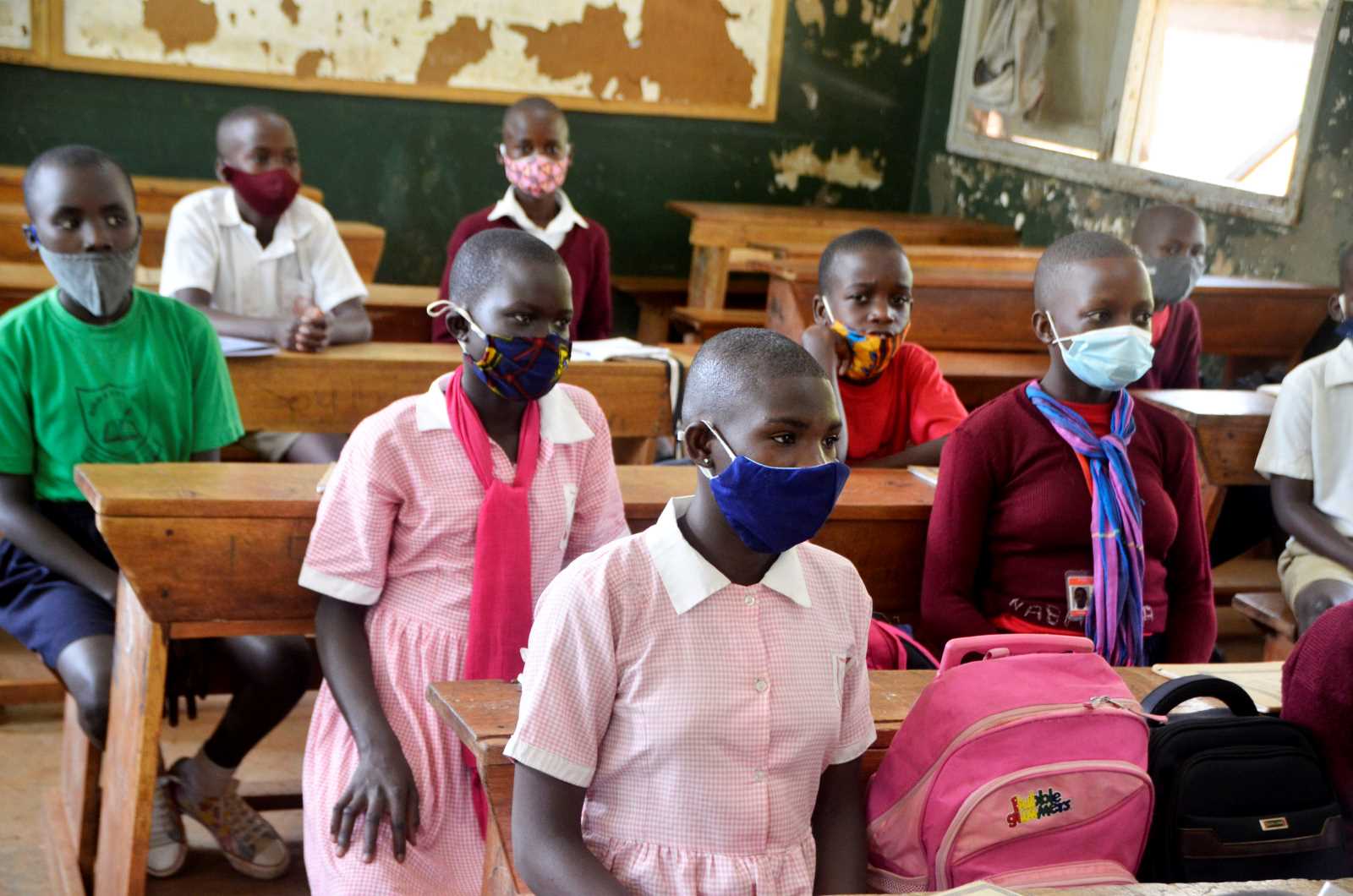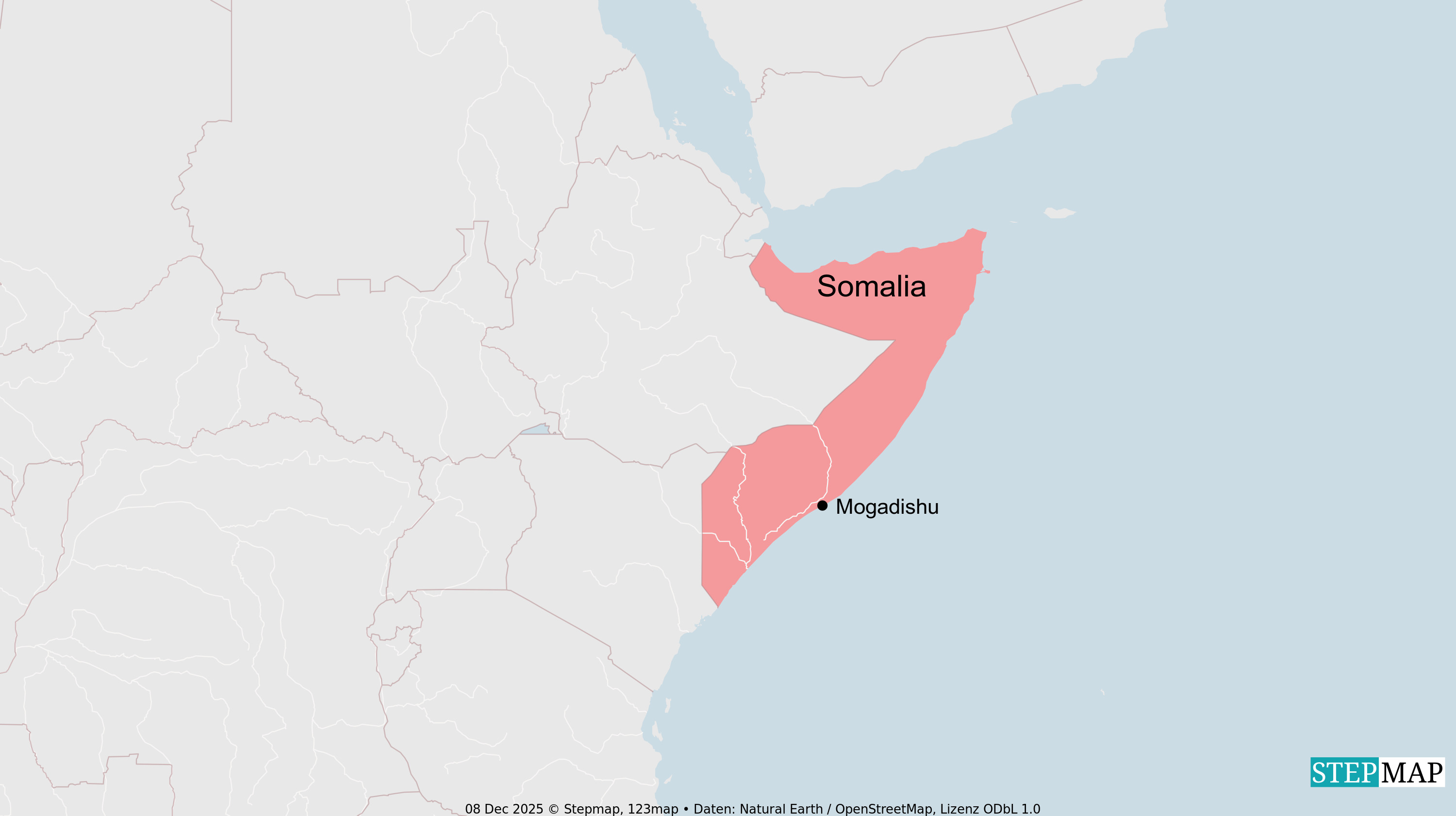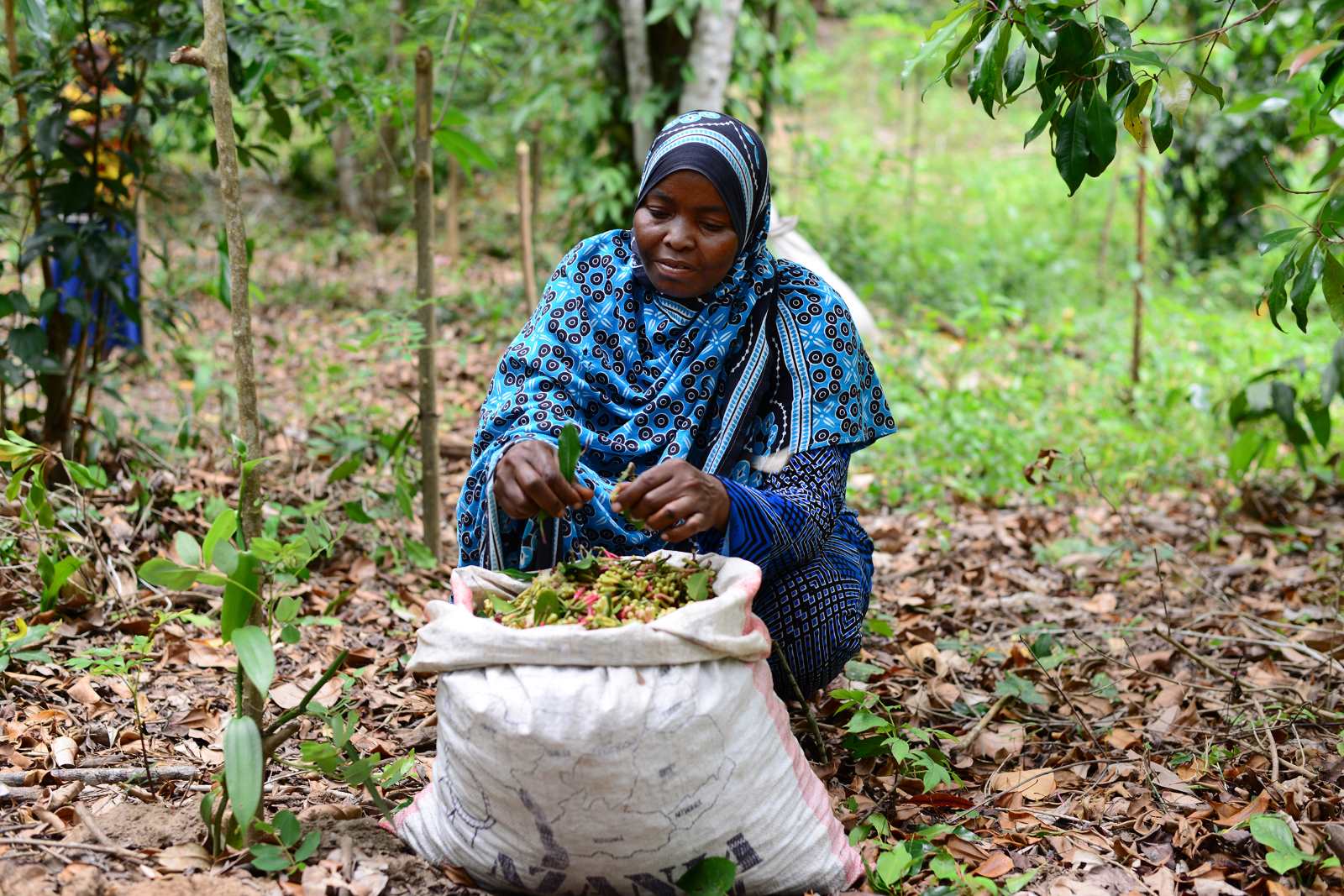Cultural industries
Investing in Uganda’s culture

After a long break imposed by one of the world’s strictest coronavirus lockdowns, Uganda’s arts scene sprang back to life in 2022. Today, artists offer a sparkling programme of dance, theatre, film, visual arts and literature. In the capital Kampala, the Njabala Foundation stages an annual exhibition on International Women’s Day exclusively for female artists, this year on the theme of grief. The Yenze Theatre Conservatoire gives much-applauded performances of classic Broadway musicals at the National Theatre in Kampala. The African Writers Trust organises workshops and skill-building opportunities for writers, and the Tebere Arts Foundation hosts the annual Kampala International Theatre Festival.
However, the lively arts scene lacks funding, particularly for long-term structural support. The Ugandan government’s priorities are STEM – science, technology, engineering and mathematics – and that emphasis is reflected in schools: science teachers earn more than those teaching humanities. Preservation of the country’s cultural heritage is largely a topic for discussion in the context of promoting tourism.
Funding from abroad
Support comes primarily from the western cultural institutions British Council, Alliance Française and Goethe-Zentrum (a cooperation partner of the Goethe-Institut). Project-based funding is also provided by the EU, the Dutch organisations Prince Claus Fund and DOEN Foundation and private initiatives such as the Mastercard Foundation.
Unlike Nigeria and South Africa, Uganda has comparatively few artists who are active in the continental and international scene. Ugandan artists are not lacking in talent, however. What they do lack are opportunities to develop and hone their skills. For many, careers peak early due to a lack of professional training.
Apart from the Department of Performing Arts and Film at Makerere University, art academies and university courses are few and far between in Uganda. Ambitious young artists often put together their own training programmes – from Youtube tutorials and occasional workshops with international artists, organised by one of the western cultural organisations. Only a handful who are not hindered by visa restrictions are able to travel abroad for further training, for example by participating in the International Forum of the Berliner Festspiele, a platform for global exchange between theatre makers supported by the Goethe-Institut.
Further training programmes
According to the UN, cultural and creative industries generate nearly 50 million jobs worldwide and employ more young people than other sectors. So, in view of Uganda’s very young population, it would be a valuable contribution to the country’s development to invest in institutions and structures that facilitate further training in various forms of art. One excellent example of this is the aforementioned Yenze Theatre Conservatoire, whose drama school offers courses and training opportunities for performing artists and creatives. Its founder, Aganza Kisaka, is a young Ugandan woman who studied theatre at New York University and returned to her home country with the aim of making Kampala the theatre capital of Africa.
Special effects make-up artist Esther Nakaziba also recognised the need for further training and investment at an early stage in her career. For years, she was one of only a few make-up artists in Kampala’s film industry. Then she decided to open her own make-up artist school. Today she runs a thriving business, Enakaziba Creatives, teaching young women skills in film make-up and costume design – and thus also opening up job opportunities.
Job creation
Investment in the arts can create jobs. A film or television production, for example, requires not only actors and directors but also screenwriters, a camera crew, make-up artists, costume designers, music professionals and technicians. The Ugandan film industry operates independently in many respects, but the quality of productions varies, depending on budget. It needs external funding to be able to compete with rivals in South Africa or Kenya.
In Germany and elsewhere, development funding is currently being reduced, so more money for the arts seems unrealistic. Budgets do not necessarily need to be increased, however. If cultural components were more rigorously integrated into existing development projects, a great deal could be achieved even within existing budgetary constraints. Greater involvement of the private sector would also be desirable, for example to encourage private music- or film-production companies to invest.
Promotion of the arts is often wrongly sidelined in development policy. It can bring multiple social and economic benefits – and would give Uganda’s talented artists the platform they deserve.
LINKS
Njabala Foundation:
https://njabala.com/
Yenze Theatre Conservatoire:
https://www.yenzetheatreconservatoire.com/
African Writers Trust:
https://africanwriterstrust.org/
Tebere Arts Foundation:
https://tebere.org/
Kampala International Theatre Festival:
https://kampalainternationaltheatrefestival.com/
Anna Adima is an expert on the history of East Africa and director of the Goethe-Zentrum in Kampala. This article expresses her personal views.
anna.adima@gmail.com


















